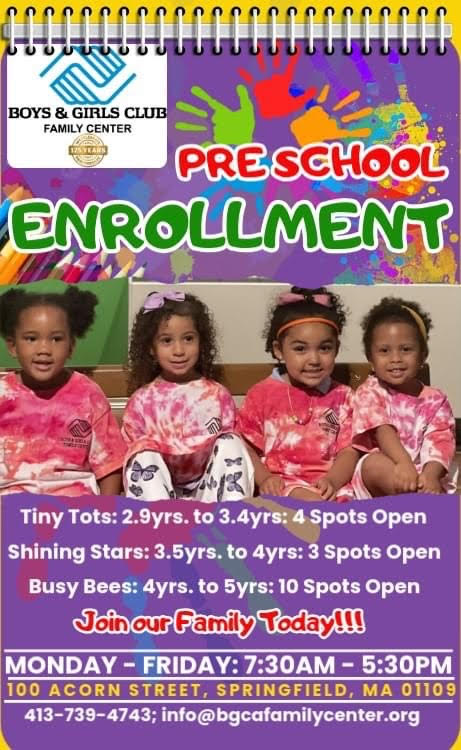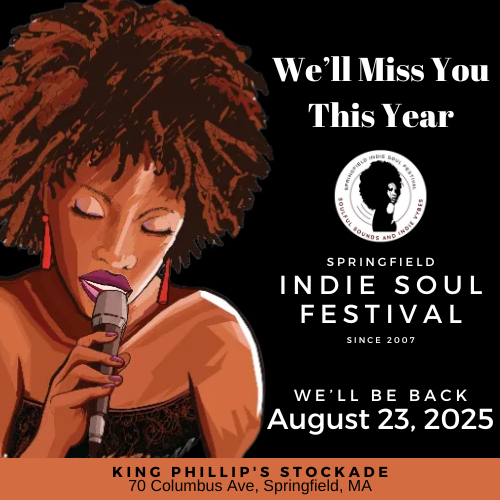By Alexa Spencer,
Word in Black
Two things are clear about the recent mass killing of Black people on May 14 in a Buffalo, New York grocery store. First, the attack committed by 18-year-old White male Payton Gendron that resulted in the death and injury of 11 Black people was an outright racist act.
Second, we’ve seen this happen before.
In 2015, we mourned after a 21-year-old White supremacist entered a Charleston, South Carolina church and murdered nine Black members during a Bible study.
Despite that, after turning off the news or shutting down social media, it could be easy to think this most recent attack is an isolated act of racial violence that isn’t likely to happen again.
But Dr. Chandra Ford, who serves as the founding director of the Center for the Study of Racism, Social Justice & Health at the University of California in Los Angeles, says the thread of hateful acts toward the Black community is a part of a much larger, active, and enforced legacy in the United States — and it’s damaging the public’s health.
“We could think of racism as a societal issue or a sociological issue. We could think of racism as a political issue. But to think of racism as a public health issue is to say, sure, all those things are true, but racism also systematically produces differences in the opportunity to achieve optimal health,” Ford said. “And those systematic differences, they don’t occur along lines of risk factors related to health, which sort of justify themselves. They occur systematically along the lines of race and ethnicity.”
Black people are not only suffering from illnesses like heart disease and asthma more than other groups — which has proven links to structural racism upheld by institutions — but are also being targeted and killed by racist individuals.
Structural racism creates the environment for individual acts of violence, such as the Buffalo mass shooting, to occur, Ford explains.
It’s what allowed for Trayvon Martin to be profiled and fatally shot by a stranger walking home from a corner store and George Floyd to be murdered by police officers in broad daylight.
The same structure allows killers, badged or not, to get off scot-free.
“It’s this historical and structural nature of racism that enabled the interpersonal racist violence to happen. And that’s a very different orientation than thinking that our society is free from racism and every so often racism pops up in the form of racist violence or shooting,” she said.
The UCLA professor says the job of folks like herself working in public health is to prevent people from experiencing disease and death prematurely or at high rates.
Following the murder of George Floyd by police officers in 2020, the American Medical Association declared racism a “public health threat.”
Since then, nearly 200 city councils, county boards, and other institutions have declared the same through resolutions and formal statements — but these are not legally enforceable.
Ford says more can be done by those in power — particularly white people — but those individuals, institutions, and communities must act responsibly.
“My caution would be, they have never been the authorities on addressing racism. And so, they are not the leaders here. What we need is a willingness for our official leaders — the government, et cetera — to open itself, to actually hearing and honoring what leaders within the field and importantly within the community have already been fighting for, for generations,” she said.
As the lead editor of the book “Racism: Science & Tools for the Public Health Professional,” Ford and her colleagues highlight trailblazing Black folk working in the field. Those trailblazers are models for eliminating racism even inside the field, which “is no less racist than any other domain of our society.”
For White people, and others who carry racist sentiment toward Black people, Ford said “nice racism” must be called out — people who appear to be allies but don’t truly take the concerns seriously.
She also says the knowledge and understanding the Black community has of itself must be prioritized when considering the dismantling of racism.
“What we need from these folks are first, a recognition that Black people are the authority on our experiences,” Ford said. And “no number of studies, or surveys,” or anything else, whether conducted by White people or anyone else, can “substitute for the expertise that we bring through our own experiential knowledge, our lived experiences — as well as the research and scholarship we ourselves have been doing for generations.”
For Black folks, she says the responsibility of correcting White people on racism is not our job. That’s for allies to do.
“It is problematic to rely upon, and it’s exploitative to rely upon or to expect that Black people should do the work to educate White people and others about their racism,” Ford said. “That’s not our responsibility. It is a burden we take up and carry, but it is not our responsibility. And then Black people have a responsibility to love ourselves and to do the work that it takes to do that.”





